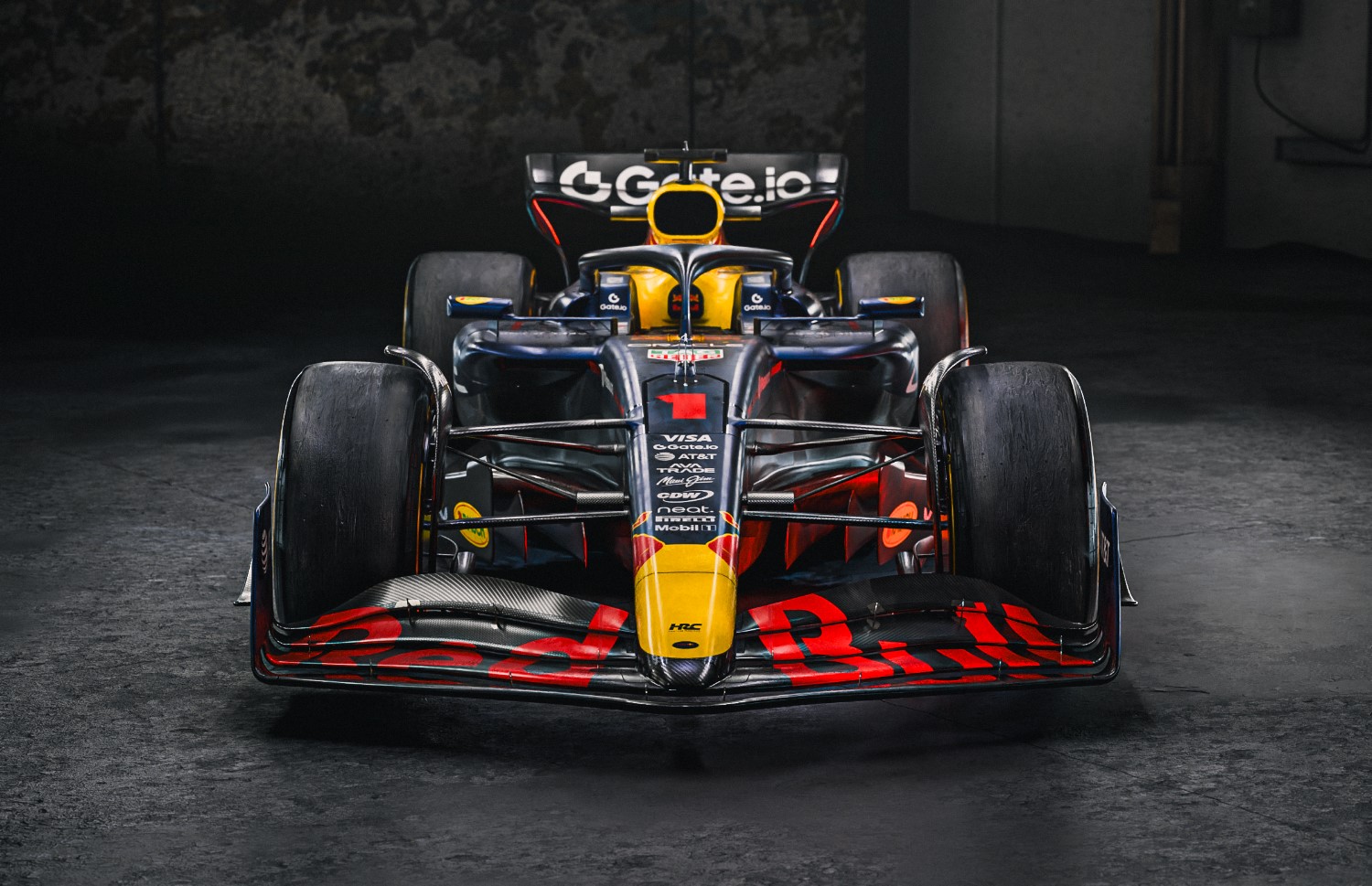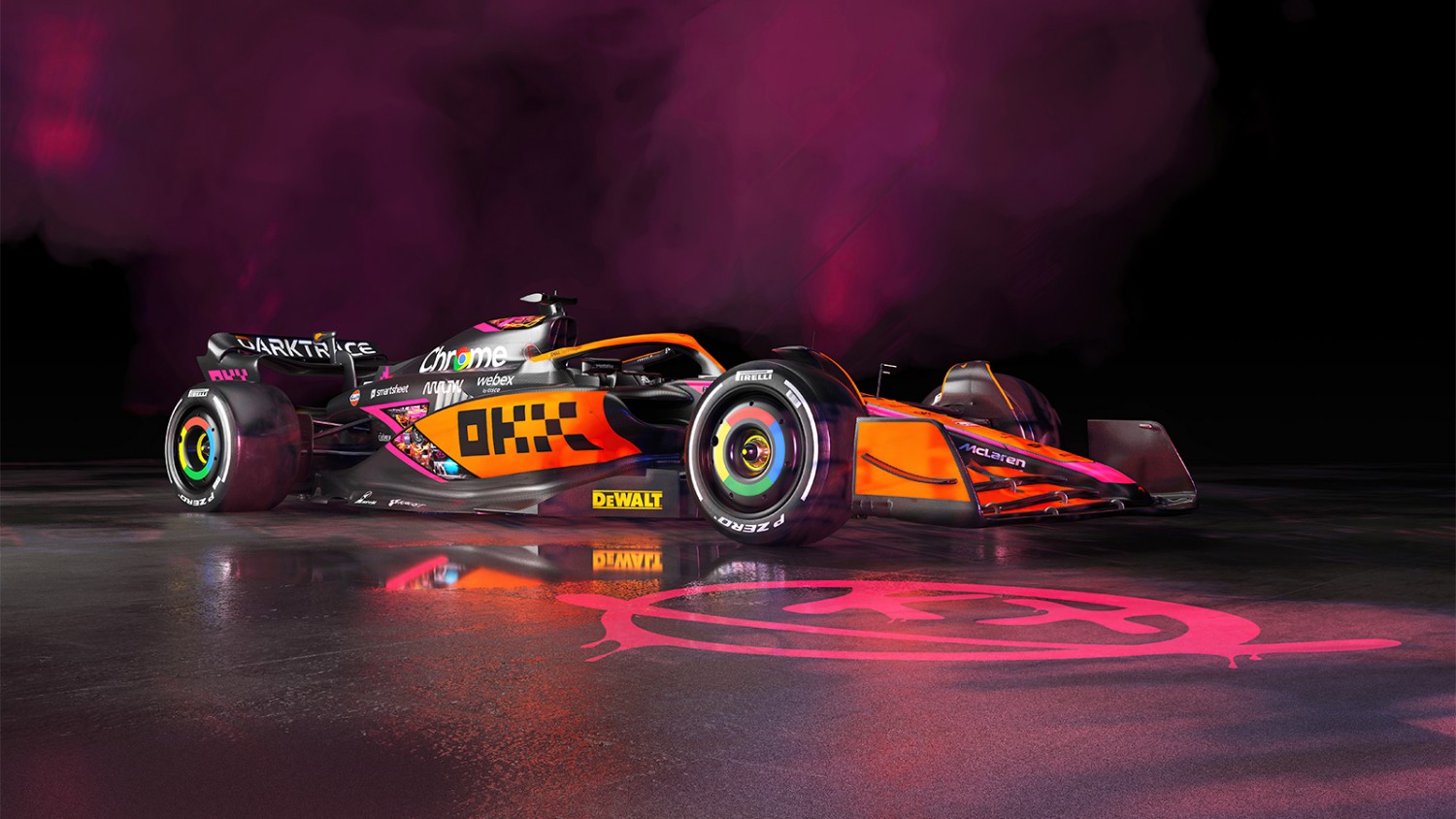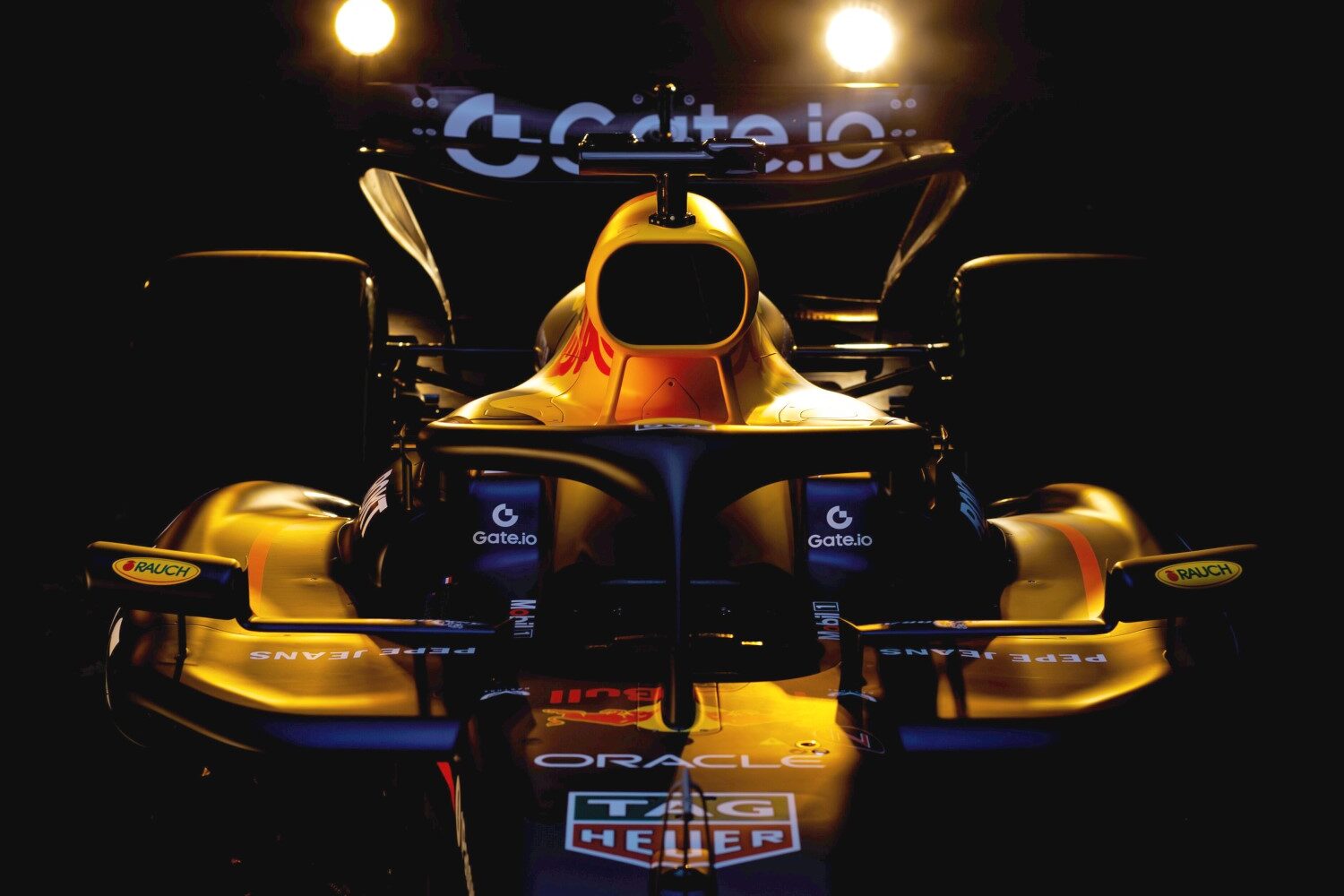F1 News: Crypto Sponsorships Drive Formula 1 Revenue Revolution
Digital currency platforms are flooding Formula 1 with sponsorship money as teams lock in multi-million dollar deals for the upcoming season. The latest wave of partnerships shows crypto companies betting big on motorsport’s global reach.
Crypto.com just extended its F1 deal through 2030, staying as the sport’s main crypto partner and keeping the Miami Grand Prix naming rights. The company originally signed a $100 million contract in 2021 that was set to expire next year.
Aston Martin made headlines with its Coinbase deal that was the first F1 contract paid completely in USDC stablecoin rather than traditional cash. Coinbase logos now appear across the team’s cars and racing suits. The move shows teams are comfortable taking payments in digital currency.
Red Bull Racing dropped Bybit and picked up Gate.io as their new crypto exchange partner. The deal puts Gate.io branding on Max Verstappen’s helmet and car wings. Red Bull has consistently worked with crypto companies despite switching partners.

McLaren keeps its OKX partnership going strong. The crypto exchange ranks as one of three major sponsors with Mastercard and Google. OKX has created special paint schemes and fan events since joining the team in 2022.

Alpine works with both Binance and ApeCoin. The ApeCoin deal came from community voting through the ApeCoin DAO, a first for F1 where fans actually voted to sponsor a team. Kick Sauber runs with Stake and CoinPayments logos on their cars.
The crypto betting world has exploded alongside F1 partnerships. Racing fans now use digital currencies for sports wagering on specialized platforms that offer fast payouts and anonymous betting through blockchain technology. Bitcoin betting sites reviewed by CardPlayer show these platforms provide transparency and speed that traditional bookmakers cannot match. The crypto gambling market jumped from $50 million in 2019 to $250 million in 2024.
But despite the growth, the market has cooled from its peak. New crypto sponsorship deals dropped to 26 in 2024, down 38% from the 2021 peak. F1 only signed three new crypto deals last year compared to nine in 2021. Teams are getting pickier after market crashes and company failures.
Mercedes and Ferrari avoid crypto sponsors completely. Mercedes got burned by the FTX collapse in 2022 and won’t touch digital currency deals. Ferrari dropped Velas after the blockchain company’s token crashed from over $1.2 billion market cap to just $13 million.
Trading companies now spend $183 million per year on sports sponsorships according to SportQuake data. F1 grabs a big chunk of that money, competing with football and basketball for crypto marketing budgets. Seven online trading firms currently sponsor F1 teams.
Teams use crypto partnerships beyond simple logo placement. Fan tokens let supporters vote on car designs and team decisions. Crypto companies love F1’s 24-country race calendar for global brand exposure, while traditional sponsors like tobacco and alcohol face heavy restrictions.
The numbers show crypto’s F1 growth. Bitcoin accounts for 73% of crypto gambling transactions, with mobile devices handling 65% of crypto sports bets. Early partnerships included basic branding, but now deals feature blockchain fan experiences and community voting.
Regulatory uncertainty still hangs over crypto sponsorships. Some deals have crashed when companies failed or faced legal troubles. Teams now check financial stability before signing multi-year contracts. The survivors are building longer relationships with proven track records.
Formula 1’s crypto revolution continues despite market volatility. Teams that once rejected digital currency now compete for the biggest deals. The sport’s future increasingly runs on blockchain technology and digital payments rather than traditional banking.
